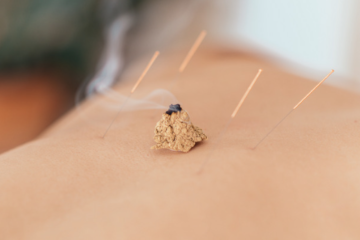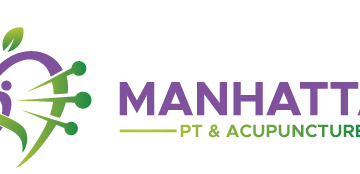Anxiety is a common mental health condition that affects many individuals, especially during the pandemic. Symptoms of anxiety can vary from person to person, but often include a sense of impending danger, irritability, panic, or a feeling of hopelessness. Other common physical symptoms include increased heart rate, rapid breathing, sweating, tremors, fatigue or weakness, lack of concentration, trouble sleeping, gastrointestinal problems, and excessive worry. If you experience any of these symptoms, it is recommended that you seek professional help, such as therapy.

One biological response to fear and stress is known as the “fight or flight response.” This response allows animals to exert enormous strength that they would not normally be able to exert in order to survive in an imminent crisis situation. However, it also causes constriction of blood flow to internal organs that are not used in an emergency, which can impair judgment and negatively affect the body and mind when stressed over a long period of time. This response is part of the autonomic nervous system, which is responsible for regulating many involuntary bodily functions.
Acupuncture is a form of traditional Chinese medicine that involves the insertion of thin needles into specific points on the body. It has been shown to be effective in treating anxiety and related symptoms by stimulating the vagus nerve, which is an important part of the autonomic nervous system. This stimulation can help bring the body closer to a state of parasympathetic dominance, which is associated with relaxation and reduced stress. While therapy is always recommended as a first-line treatment for anxiety, acupuncture may be used in conjunction with therapy to further alleviate symptoms and promote overall well-being.



0 Comments